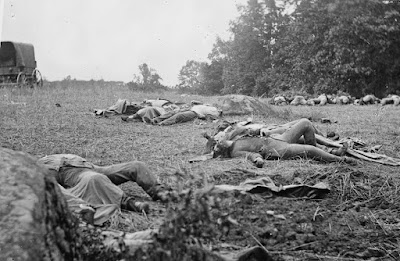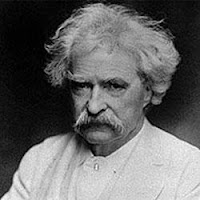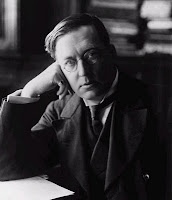Witch Hunt: A History of Persecution by Nigel Cawthorne

Good information but told in a repetitious manner that wore this reader down A witch burning Cawthorne's Witch Hunt: A History of Persecution is a recounting of the witch hunt craze that infected not only Salem, Massachussets, a topic with which most Americans have a least a passing familiarity, but throughout Europe to a much, much larger degree. The back of the back says that this book "...examines this persecution and the religious hysteria which inspired it." To me the use of the word examination implies that the author will interpret this hysteria and make observations and insights throughout the reading . Cawthorne does not do anything close to this, with the exception of a brief, four page introduction. Rather, he recounts witch trial after witch trial, often going into great detail about the tortures used and the indictments brought against the accused witches. While this is an impressive bit of research, the book felt half-done. It was as




